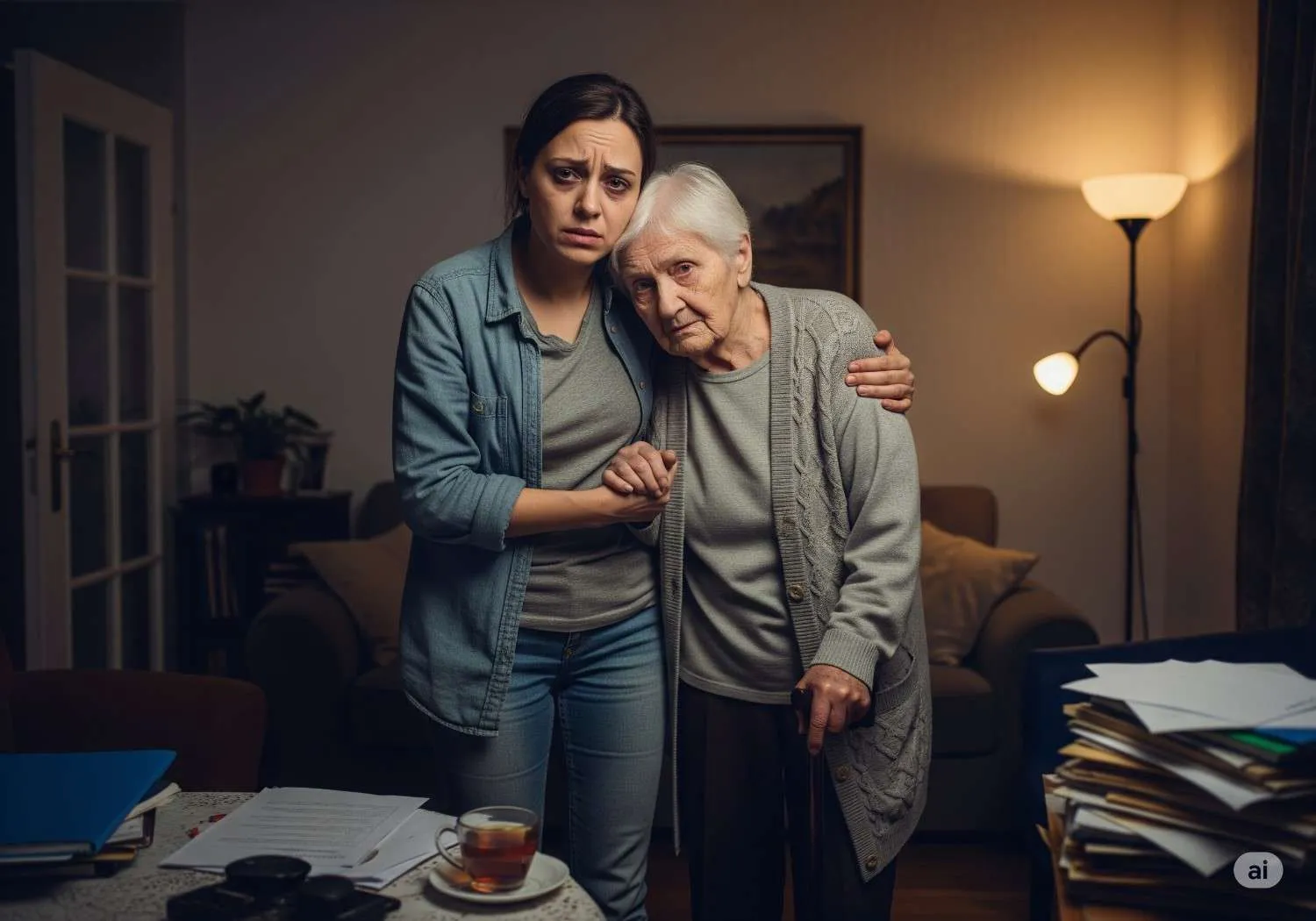There's nothing wrong with feeling angry; it's an emotion that we all feel, and we should. Yet, when it begins to pour out too frequently or in excess, it can take over and wreck us, as well as those around us.
Anger that goes unchecked ultimately becomes angry words and strains a relationship all too often; misunderstanding erects a wall between people. In the long run, it’s going to screw up ways and dampen emotional commitment over time for all involved.
Mostly, they are trying to hold anger in, push anger down, or shut it off, the idea being that it will eventually die. But that usually complicates matters. It’s too much pressure, and it’s just the hot button.”
The subsequent guilt can affect self-esteem, make you very nervous, and relationships very tender. Without proper tools, it seems like a vicious circle of anger, guilt, and emotional exhaustion.
Anger therapy may be a helpful and effective way to break this cycle. It’s helpful to help people find out why they’re angry and recognize the emotional buttons, and even how to respond calmly and healthily.
With a skilled counselor, you can regain your autonomy, gain emotional awareness, and strengthen relationships. Learning anger isn’t simply about the idea of cooling off.
What Is Anger Counselling?
Anger counselling is a form of therapy that helps people cope more effectively with anger. It doesn’t mean suppressing emotions, but learning how to express them productively.
The Role of Therapy in Managing Anger
Counsellors engage people in finding what causes their anger, the thoughts that precede anger, and change bad habits with better ones.
This process is commonly directed by such techniques as Cognitive Behavioural Therapy (CBT), mindfulness, relaxation training, and so on. Such strategies instruct human beings to take time, think, and make decisions more responsibly rather than making impulse decisions.
To reach professional assistance, the energetics institute in Perth can provide specialised programs of anger management that will help people to regain control and restructure communication, and restore the emotional balance in their relations.
The Connection Between Anger and Relationships
Relationships, however strong they may appear, can be destroyed in a very gradual manner under the influence of uncontrolled anger.
Emotional distance and loss of trust may be caused by frequent quarrels, bitterness, or lack of utter expressions. Anger, when it is made a pattern, tends to conceal more serious feelings, such as hurt or insecurity.
How Counselling Helps Rebuild Trust
Anger counselling assists individuals in discovering these hidden feelings and learnt better methods of expressing them. Through open communication during therapy, people start to know how they sound, what words, and how their responses influence others. The new awareness aids in the restoration of respect and emotional safety in relationships.
Empathy is also enhanced by counselling. It enables individuals to put themselves into the position of the other partner or friend rather than protect themselves. In the long run, such abilities minimize conflicts and establish more accommodating and understanding relationships.
Emotional Health Benefits of Anger Counselling
There are more benefits than just preventing arguments when it comes to the perks of anger counselling. At the individual level, it increases emotional stability and general well-being. One of the best ways to manage your anger is to learn to reduce stress and anxiety.
Positive Effects on Mental and Physical Health
People have told me they feel ease and relaxation in their bodies, patience, and clarity of thought. Such emotional balance will often lead to good decision-making and increased confidence.
Chronic anger increases blood pressure and stress hormone levels, so learning to manage it allows people to sleep more, maintain a healthy heart, and have more energy. And once the emotions are dealt with healthily, they will feel lighter and their minds clearer, and they won’t let the challenges get to them.
Techniques You Might Learn in Anger Counselling
Anger counselling entails acquiring skills of practical tools applicable in everyday life.
Common Therapeutic Tools
The most common of them is cognitive restructuring, which teaches you how to challenge negative thought patterns. You become less of a feeling that something always happens to you, and more the idea that this is frustrating, but you're going to deal with it.
Anger can be intercepted by the techniques of slow breathing, taking a break, or visualising. Counsellors also teach a second skill, that of how to express oneself and put oneself in the shoes of another.
Mindfulness exercises keep people present in their emotions before they take over. When taken to these holes, it is easier to deal with the everyday stress in a calm, collected fashion.
How Anger Counselling Strengthens Relationships
Healthy communication is one of the biggest outcomes of anger counselling. It's the practice of teaching people to be active listeners and act in an intelligent way, so they're not spellbound by reacting to an irritant or blame.
Building Stronger Emotional Connections
These skills we have between each other, which create faithfulness and comprehension, even in romantic, family, or work-related connections. The result is that as the counseling continues, most people find that they fight less often, express their needs more competently, and feel closer. The partners or the family members feel safer about discussing the problem since they are not afraid of angry reactions anymore.
When to Consider Anger Counselling
There is no immediate success in admitting that anger is becoming an issue, but the ability to see the signs is a big step.
Signs You Might Need Professional Help
When a little annoyance is easily transformed into explosions, or you find yourself wishing you could take it back afterwards, it may be high time to use some form of assistance.
Anger counselling is not only for individuals with serious problems; it is for an individual who intends to express themselves better and have some control.
When one asks for assistance, it is strength and self-awareness and not weakness. It is a preemptive means of developing healthier emotional patterns and improved relationships with other people.
What to Expect in a Counselling Session
Anger counseling is also anticipated to be non-blaming and safe.
Inside a Typical Session
Over the first few sessions, your counsellor will help you to examine these and what happens when you become angry in the moment.
Together, you’ll agree on modest but sensible ambitions, communication, coping skills, etc. Sessions may include guided discussions, exercises, or reflection on past experiences.
You’ll be able to talk about life situations and how to navigate through them in ways that don’t involve loads of junk. It’s not something that happens overnight, but it has to do with being consistent. The everyday application of the lessons from the therapy begins to take place.
Conclusion
Anger counselling is not about repression of emotions; it is about the transformation of anger into clarity and peaceful communication. It gives people the cause of their choices and teaches them how to unleash them safely, as well as establishing better patterns in life.
Reviewed by







